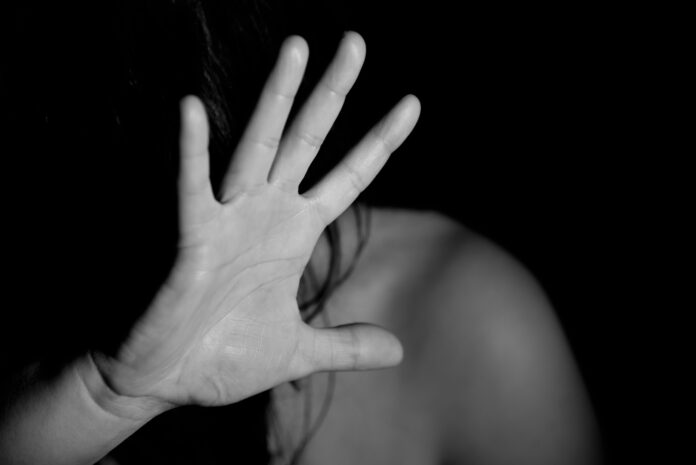Mental health can often be a focus for those experiencing domestic violence. It is known that by witnessing a traumatic event such as this, children may experience learning difficulties and other developmental delays in the future. In addition to these factors, there are several physical consequences of trauma exposure, such as hypertension, sleep problems, or anxiety disorders later in life (Phillips & Todd, 2007). These problems can even continue into adulthood, where they can lead to substance abuse and addiction if left unchecked, forming an intergenerational cycle.
For this reason, Ethnic Media Services held an information session where experts drew on knowledge from the fields of sociology, psychology and public health.

